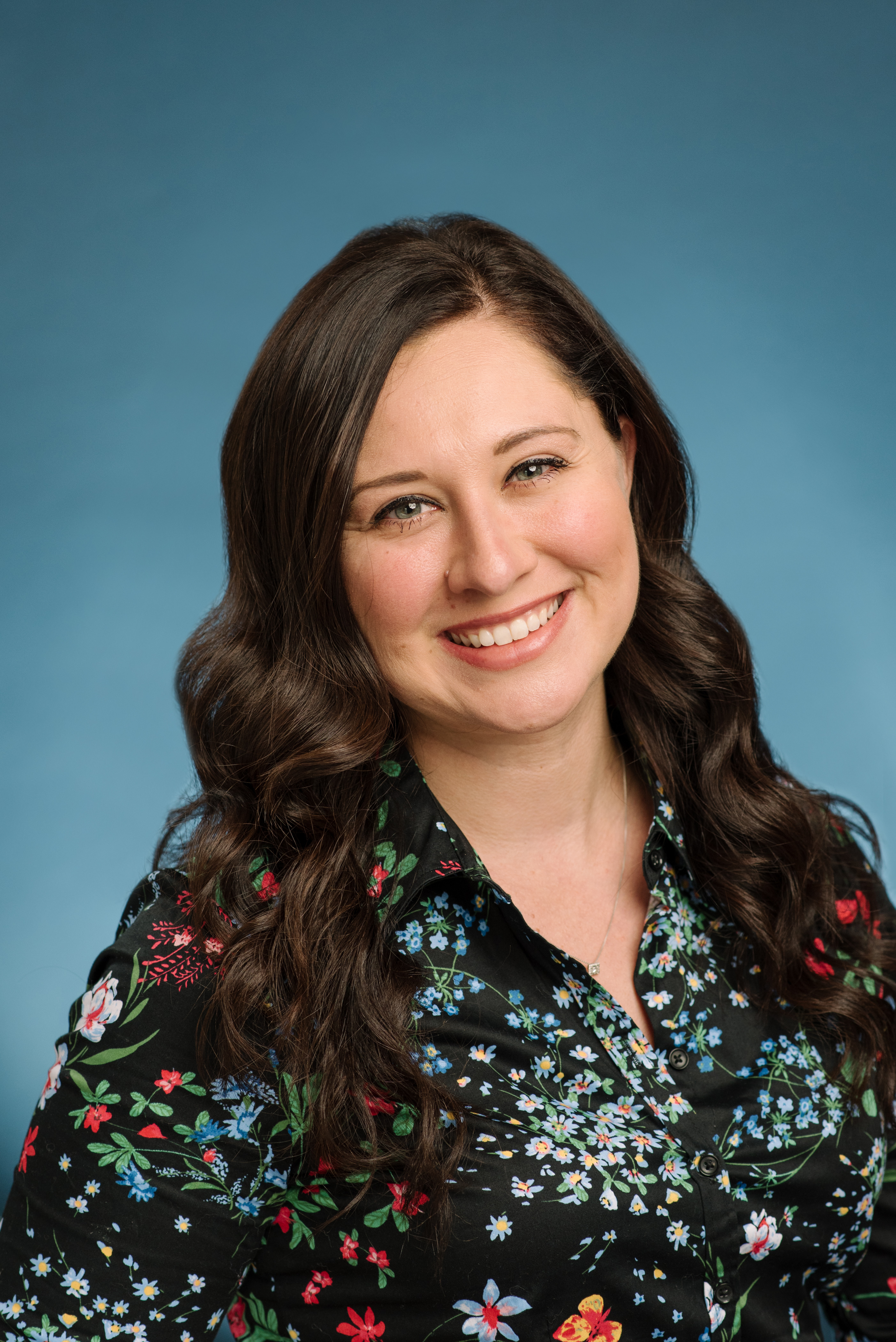Spring has sprung! Or at least, it is certainly trying. Spring is a great time to pause and think about the long, cold winter, with Lent and Easter serving as a great reminder of sacrifice, reflection, and rebirth.
Many years ago, the priest at my parish gave a sermon about how God has rolled the stone away for us. Through Good Friday and Easter, we are reminded of Jesus’ life and death, as well as his resurrection. Through this liturgical season, let us also take a moment to pause, notice, and bring new life into our classrooms.
 Here are three ways to bring some joy into your teaching this month:
Here are three ways to bring some joy into your teaching this month:
● Take a breath: when you feel overwhelmed by children’s questions, the emotional load of being a teacher, or whatever else is weighing on you, take three deep breaths in. I like to breathe with a mantra, quietly saying it out loud as I take a deep breath in and take a longer time to exhale. Try this one: I breathe in faith, and I breathe out doubt.
● Get Outside: gray skies are going to clear up, and sunshine will help you put on that happy face! If possible, try to take some lessons outside to enjoy the sun. Research shows many benefits to spending time outdoors, especially on our ability to focus, relax, and even sleep! Keep it simple–having reading groups outdoors, have circle time in nature, or try to plan a picnic!
● Plant a resurrection garden: tending to something, especially plants, can help us relieve stress and also can help children build empathy. So much learning can happen in the garden – math, science, literacy, language, oh my! Grabbing a planter, some rocks, grass seeds, and sand can help you illustrate this Story of God’s Love with a garden you can care for as a class. A quick google search can give you ideas of how to set yours up!
Here is my gentle reminder to you: self-care is more than just the basic daily needs you have. Self-care isn’t just a hot shower every day or a nourishing meal. Those should be considered your basic needs.
Think about self-care as your bag of tricks to help you fill your own cup, whether that is a hobby, connecting with a friend, making time to journal or pray every day, or finding strategies that you can rely on when you feel overwhelmed.
Most importantly, self-care is not selfish. Caring for children involves:
• Internalizing their feelings.
• Carrying their worries with them.
• Finding ways to answer their sometimes big questions.
You cannot pour from an empty cup, and doing so can take the joy out of teaching. Remember to make time for you to connect with yourself, with your faith, and you will be surprised at how you can care for others.
 About the Author
About the AuthorAmy S. Kronberg is an early learning consultant and adjunct professor at the University of Dayton. Mrs. Kronberg began her work in early childhood education at the University of Michigan, Dearborn Early Childhood Education Center, where she learned about the Reggio Emilia philosophy, child-centered curriculum, and playful learning environments. She moved to Dayton in 2013 to complete her Masters of Science in Education, studying early childhood leadership and advocacy so she could learn to support children and families in understanding the value of and celebrating play. She is currently all but dissertation in Educational Leadership at the University of Dayton. She specializes in early learning consulting for local nonprofits, infant and toddler learning, and social-emotional development.
